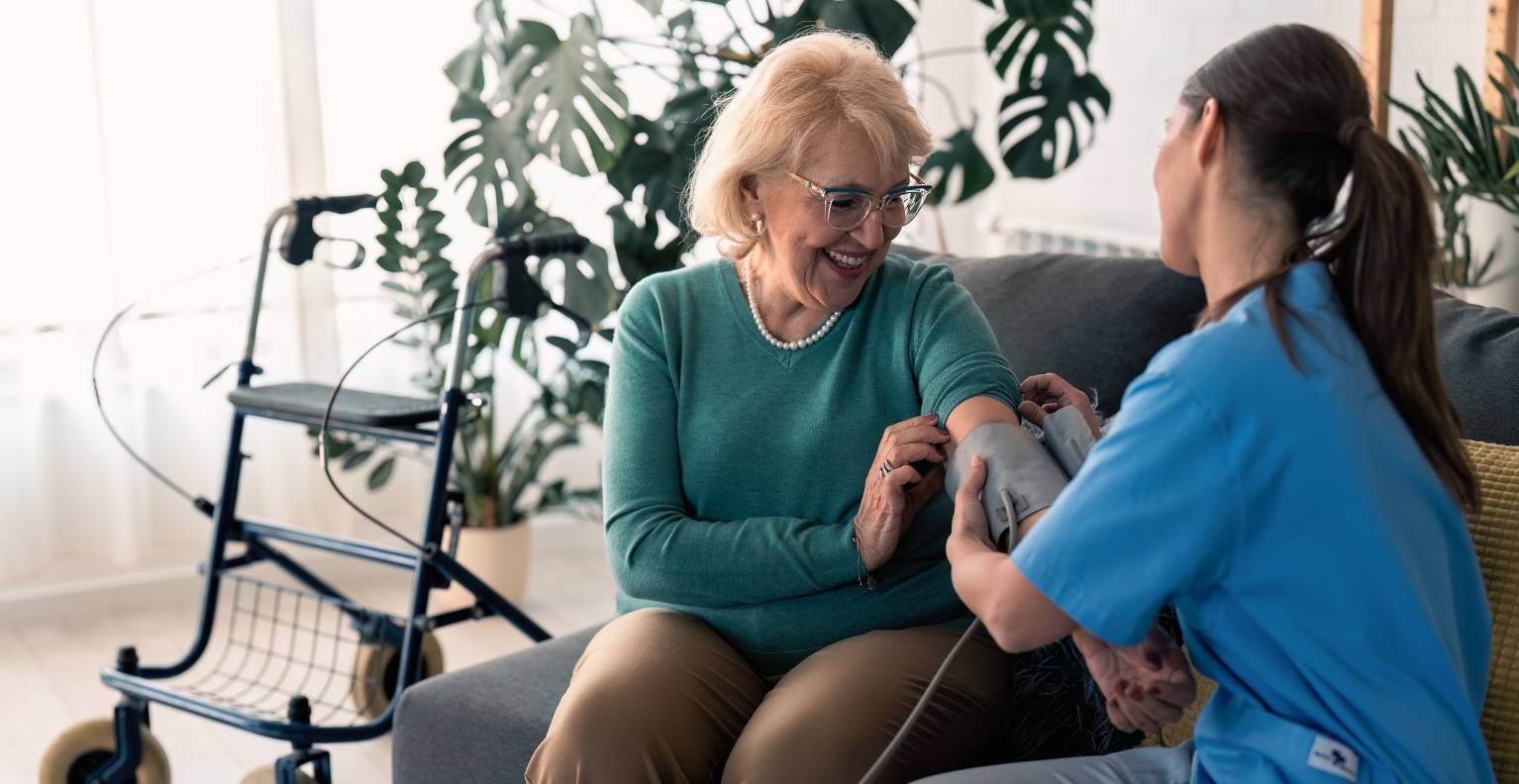
The Importance of Home-Based Palliative Care
Introduction
Home-based palliative care is a specialized healthcare model designed to support individuals with chronic illnesses, life-limiting conditions, or those recovering from surgeries—all within the comfort of their own homes. In Kerala, where family values and community ties are particularly strong, this model resonates with cultural preferences for close-knit support and minimal disruption to daily life.
Core Benefits
A major advantage of home-based care is the reduction in unnecessary hospital admissions. This not only eases the burden on healthcare infrastructure but also helps patients avoid exposure to potential infections. Moreover, family members can stay closely involved in the patient’s day-to-day activities and medical decisions, fostering a greater sense of unity and care.
Holistic Support
Palliative care extends beyond physical treatment; it addresses emotional, social, and spiritual needs. Care teams—often comprising doctors, nurses, and volunteers—coordinate with family members to provide pain management, nutritional advice, and counseling. Such a well-rounded approach can significantly improve the patient’s quality of life, reducing stress levels for both the individual and the caregivers.
Challenges and Solutions
Implementing home-based palliative care can be challenging if the patient’s home environment lacks accessibility features like ramps or handrails. Additionally, caregivers may need training to perform basic medical tasks. Fortunately, non-profit organizations and community volunteers in Kerala are stepping in to supply essential equipment and education. These collaborative efforts empower households to adapt and actively participate in the patient’s care journey.
Looking Ahead
As healthcare priorities shift towards personalized treatments, home-based palliative care stands out as an adaptable and culturally sensitive option. In Kerala’s context, the widespread community network and family-oriented culture make it an especially viable choice. Through continued collaboration among medical professionals, local bodies, and NGOs, home-based palliative care can keep evolving to offer even more robust services.
Conclusion
By meeting patients in the familiarity of their own surroundings, home-based palliative care offers a blend of comfort, dignity, and medical expertise. This approach not only alleviates strain on traditional healthcare systems but also ensures that people receive care rooted in empathy and community support. For many families, knowing that their loved one can remain in a place they call home—and still have professional care readily available—is a source of immense reassurance.





